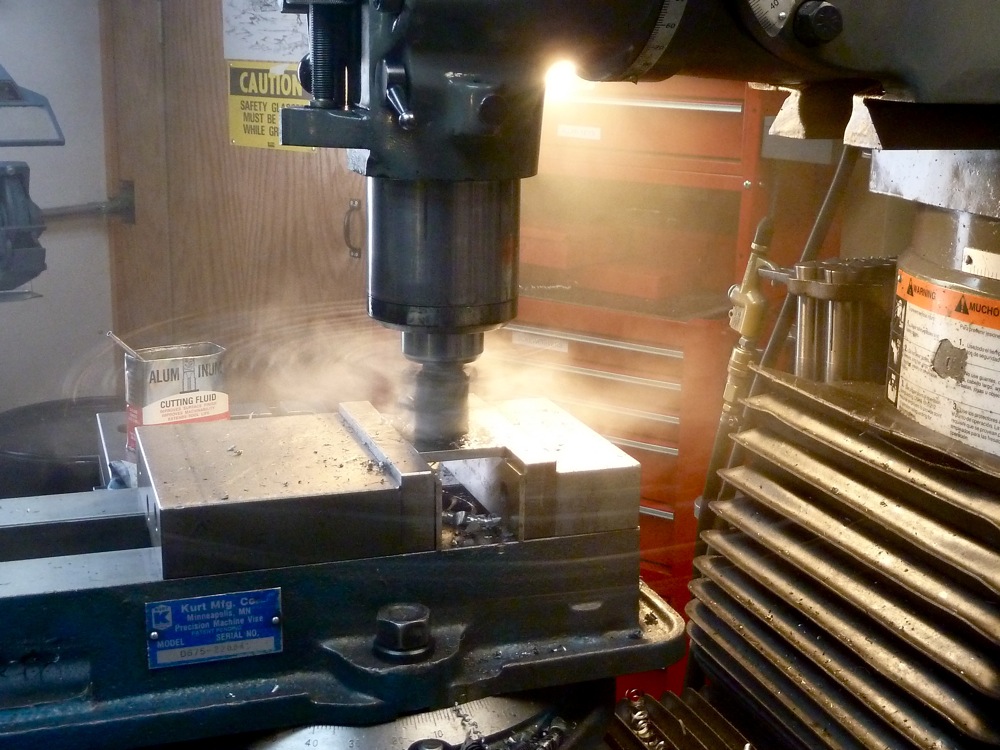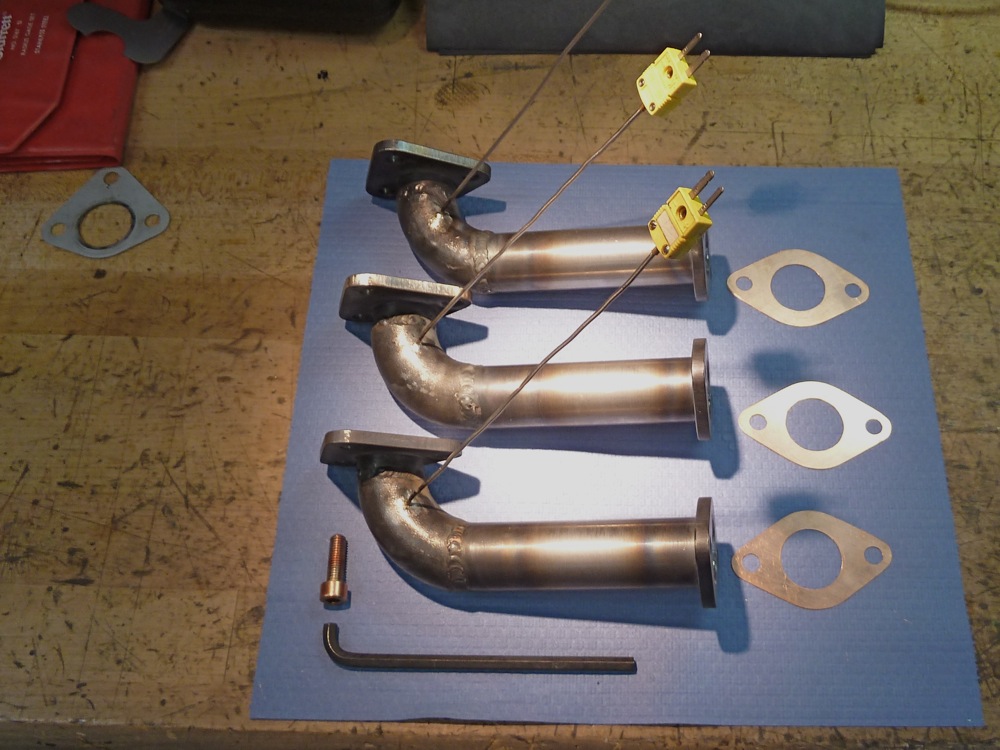| Geoff Sims @ UNSW | 
|
Navigation
Monday, 7th January, 2013
Steele. (John)
There's a few last-minute improvements we'd like to make to PLATO, so this week at the South Pole is a good opportunity to get these things done. Fortunately, the MAPO building houses an exceptionally well equipped machine shop, and we are very fortunate that the Astrophysics machinist is there to help us.

A good machinist is worth their weight in gold, and Steele is no exception. Already he has made up some straight-through exhaust pipes for our engines, which will help keep the Engine Module cool. Admittedly the engines will be a bit loud without any kind of muffler, but three hours in a Hercules LC130 has in any case completely rescaled our calibration of "loud". Once we pack up and leave Ridge A at the end of next week, no-one will be around to complain about the noise.
Steele has also helped modify our air-filter housings so that we can attach inlet-air heaters to the engines. So much of what we do with our equipment is concerned with managing the various temperatures. Paradoxically, the big challenge in Antarctica is not getting things warm enough, but having the ability to cool them when needed. Partly this is because you need to insulate things well to keep them warm when they're not doing anything, and then somehow remove that insulation when they start exercising hard, in the same way that an athlete sheds their tracksuit once on the field. The fact that the air pressure at Ridge A is only half that at sea level doesn't help when trying to cool things, either. In PLATO, what we do is to have everything wrapped up warmly to begin with (the two modules are constructed from 150 mm thick foam sandwich), then when needed turn on fans that suck cold, outside air into the modules. So far, it's worked very well, but we still need to do some work to better cool the engine module.


← Back to South Pole Diaries 2012/13
